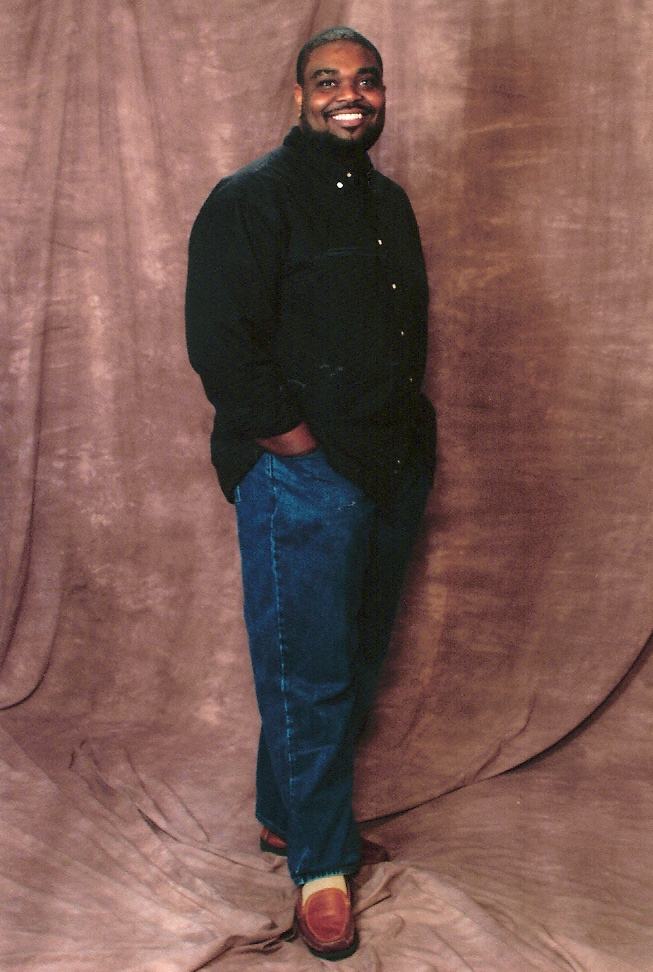I'm in Abilene this week fulfilling one of the many requirements to receive my Masters Of Divinity degree. I'm taking Advanced Introduction to the New Testament. It's been an enlightening class. However, as the days continue on and we focus on fatigue in the synoptic gospels, redaction-criticism, kerygma and interpretive theory, I am reminded of these words from the great Danish religious thinker Soren Kierkegaard.
"It appears to me that on the whole the great mass of interpreters damage the understanding of the New Testament more than they benefit an understanding of it. It becomes necessary to do as one does at a play, where a profusion of spectators and spotlights seeks to prevent, as it were, our enjoyment of the play itself and instead treat us to little incidents--one has to overlook them, if possible, or manage to enter by a passage which is not yet blocked."
Elsewhere Kierkegaard throttles Christian interpreters by saying, "Christian scholarship is the human race's prodigious invention to defend itself against the New Testament, to ensure that one can continue to be a Christian without letting the New Testament come too close."
I think he's right, knowledge--and the on-going profession and interrogation of that knowledge--is often a hindrance to what Jesus asks us to do: "Come and see!" Kierkegaard and I aren't the only ones to think so either. After years of hearing dozens of professors lecture, reading countless essays and books, sitting in on hundreds of scholarly conversations, and knowing some of Christendoms great thinkers, we all agree on one thing when it comes to reading the Bible. The most simple interpretation is usually the right one!
Thursday, June 03, 2004
Subscribe to:
Comments (Atom)
